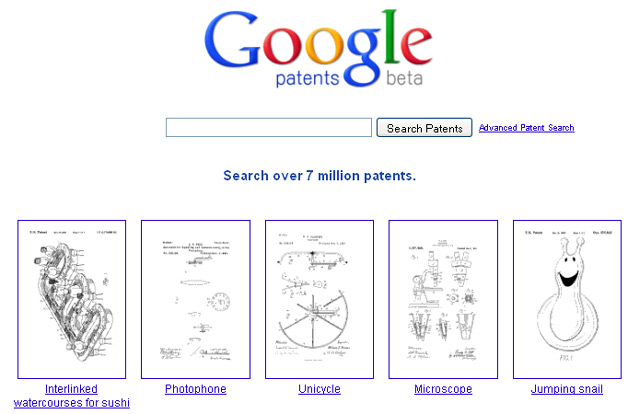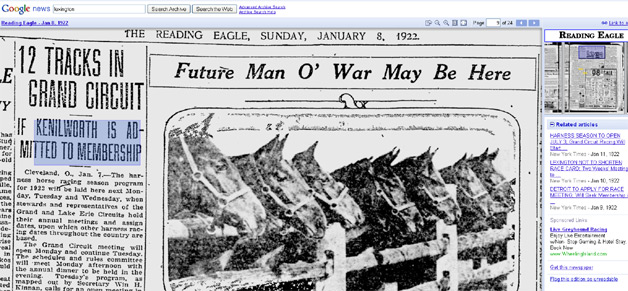Ever been in a loud room and unable to understand your friend over the phone? What if they could instead convert their voice communication to a text? This may be possible on upcoming iOS devices, according to a new Apple patent published this morning by the US Patent office.
On the flip-side, what if you were in a meeting and needed to get a message to someone. The whispering softly into the mouthpiece thing won’t usually fly. So you decide to text. But what if they don’t have text messaging capabilities? Your texts could be converted to audible speech for them.
These scenarios are just some of the many ways in which text-to-speech and speech-to text technology could be used in the future. According to Patently Apple, future iPhones are likely to provide these services.
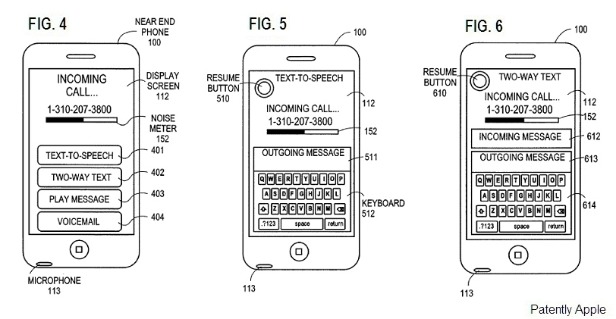
One embodiment of the invention is directed to an iPhone which establishes an audio connection with a far-end user via a communication network. The communication device receives text input from a near-end user, and converts the text input into speech signals. The speech signals are transmitted to the far-end user using the established audio connection while muting audio input to its audio receiving component.
In one embodiment, the communication device detects the noise level at the near end. When the noise level is above a threshold, the communication device could automatically activate or prompt the near-end user to activate text-to-speech conversion at any point of a communication such as a phone call. Alternatively, the communication device may playback a pre-recorded message to inform the far-end user of the near-end user’s inability to speak due to the excessive noise at the near end.
In another embodiment, the near-end user can activate text-to-speech conversion whenever necessary regardless of the detected noise level. The near-end user could enter a text message, which is converted into speech signals for transmission via the established audio connection to the far-end user.
In yet another embodiment, the communication device could also perform speech-to-text conversion to convert the far-end user’s speech into text for display on the communication device. This feature could be used when the far-end communication device cannot, or is not enabled to, send or receive text messages. The speech-to-text conversion and the text-to-speech conversion could be activated at the same time, or could be activated independent of each other. The far-end communication device communicates with the near-end communication device in audio signals, regardless of whether the speech-to-text conversion or the text-to-speech conversion is activated.
Though it is probably unlikely that speech-to-text and vice versa would appear on the upcoming iPhone 5, future models may well carry the capability. And if you are unaware of the rumors surrounding the iPhone 5, check out our rumor roundup.
How useful would these functions be? Would you be happy to see them come to the iPhone?


 So Google – with its market cap of about $189 billion – made its bid of $900 million for
So Google – with its market cap of about $189 billion – made its bid of $900 million for 


 Also, there’s not even any sort of guarantee Facebook would defend its trademark there. This could just be a way of making sure no one else trademarks "face" and then goes after the company.
Also, there’s not even any sort of guarantee Facebook would defend its trademark there. This could just be a way of making sure no one else trademarks "face" and then goes after the company. Of course, if some sort of settlement doesn’t occur, Android and Google, and not just Motorola, will in a sense be on trial. After all, a victory for Microsoft here would surely lead to the company filing a lot more Android-oriented lawsuits.
Of course, if some sort of settlement doesn’t occur, Android and Google, and not just Motorola, will in a sense be on trial. After all, a victory for Microsoft here would surely lead to the company filing a lot more Android-oriented lawsuits. As for what sort of instant search product it’s developing, Metz wrote, "Yahoo! is working on a system that will better predict what netizens are searching for – without continuously updating search results . . . . If Yahoo! determines that you’re looking for Martin Luther King’s birthday . . . it should simply show you his birthday – not an entire search result page filled mostly with information you’re not interested in."
As for what sort of instant search product it’s developing, Metz wrote, "Yahoo! is working on a system that will better predict what netizens are searching for – without continuously updating search results . . . . If Yahoo! determines that you’re looking for Martin Luther King’s birthday . . . it should simply show you his birthday – not an entire search result page filled mostly with information you’re not interested in." It is unclear whether or not Facebook will actually do anything with this patent, but search will continue to become more important to Facebook. That much is clear, as mroe objects, places, and businesses become connected to Facebook.
It is unclear whether or not Facebook will actually do anything with this patent, but search will continue to become more important to Facebook. That much is clear, as mroe objects, places, and businesses become connected to Facebook. 
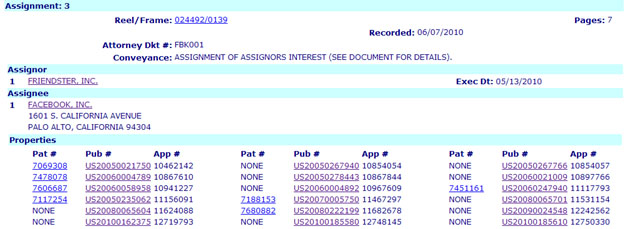

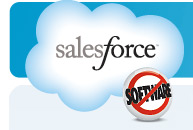 and Licensing at Microsoft. "Microsoft’s patent portfolio is the strongest in the software industry and is the result of decades of software innovation. Today’s agreement is an example of how companies can compete vigorously in the marketplace while respecting each other’s intellectual property rights."
and Licensing at Microsoft. "Microsoft’s patent portfolio is the strongest in the software industry and is the result of decades of software innovation. Today’s agreement is an example of how companies can compete vigorously in the marketplace while respecting each other’s intellectual property rights." "Email as we know it would essentially stop working if it weren’t for InNova’s invention," says InNova lead counsel Christopher Banys. "More than 80 percent of email is spam, which is why companies use InNova’s invention rather than forcing employees to wade through billions of useless emails. Unfortunately, the defendants appear to be profiting from this invention without any consideration for InNova’s legal patent rights."
"Email as we know it would essentially stop working if it weren’t for InNova’s invention," says InNova lead counsel Christopher Banys. "More than 80 percent of email is spam, which is why companies use InNova’s invention rather than forcing employees to wade through billions of useless emails. Unfortunately, the defendants appear to be profiting from this invention without any consideration for InNova’s legal patent rights." "The patent presents a couple of assumptions about how mouse pointer movements can be interpreted," explains Bill Slawski at SEO by the Sea, who presents
"The patent presents a couple of assumptions about how mouse pointer movements can be interpreted," explains Bill Slawski at SEO by the Sea, who presents 